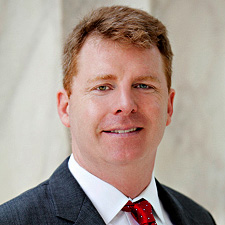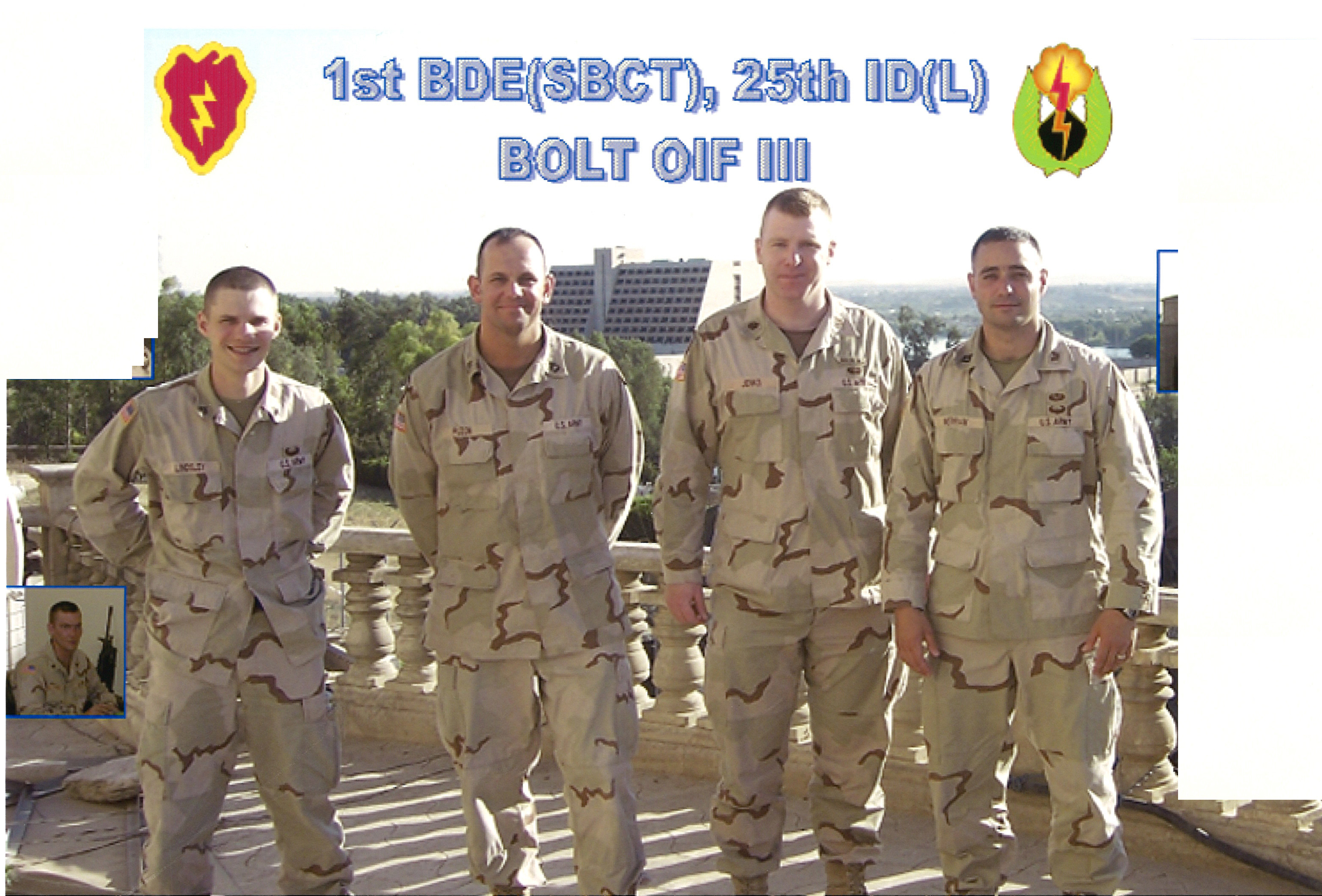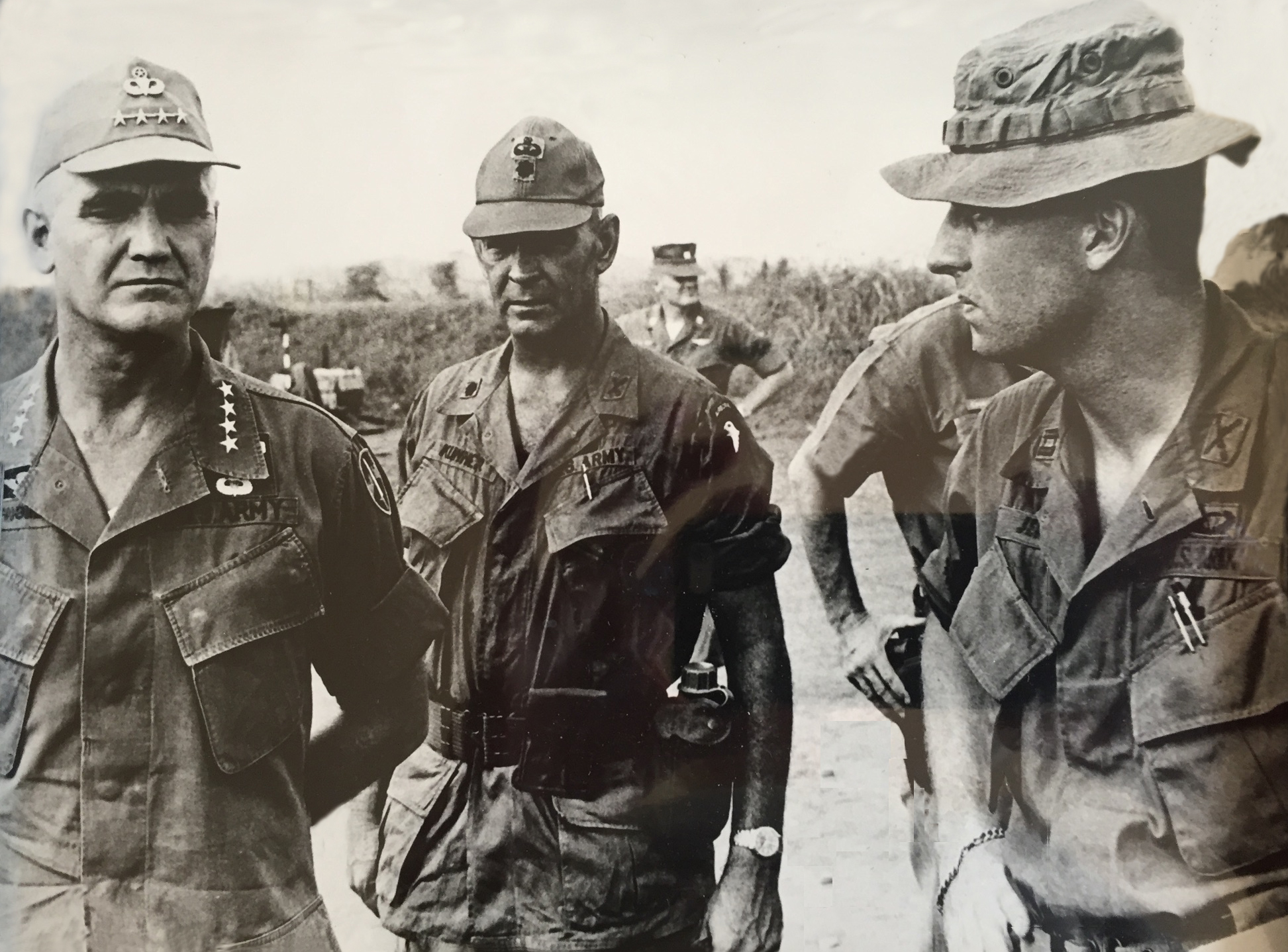Law Prof. Chris Jenks: Five Questions About Military Service
Army veteran and law Prof. Chris Jenks says the military "is a blunt tool that should be used sparingly..."

DALLAS (SMU) – Following the recent Tower Center event, “Does America Still Need the Army?” we posed that question (and four others) to SMU Dedman School of Law Prof./U.S. Army Lt. Col. (ret.) Chris Jenks, director of SMU’s Criminal Justice Clinic. Based on his distinguished military career, Jenks is regularly tapped by the Department of Defense and others to provide legal insight into the armed forces, war and humanitarian law issues.
 Chris Jenks |
Before Jenks joined SMU in 2012, the Bronze Star recipient was chief of the International Law Branch of the Office of Judge Advocate General at the Pentagon. Earlier he served as lead prosecutor for the Army’s first counterterrorism case against a U.S. National Guard soldier attempting to aid Al Qaeda.
In 2004, Jenks deployed to Mosul, Iraq, and served as chief legal advisor to a Stryker Brigade combat team of more than 4,000 soldiers. There he provided targeting advice for the employment of artillery, close air support and direct-fire weapons during enemy engagements in a city of 2 million. He also advised investigations and prosecuted military crimes involving the civilian population, detainee abuse and fratricide.
Jenks is a third-generation Army officer. His father, Col. Mel Jenks, was an infantry officer during the Vietnam War. His grandfather, Col. Ed Haughney, served as an artillery officer in World War II, as well as in the JAG Corps in Japan during the Korean War – and as the head military lawyer during the Vietnam War.
So, does America still need the Army?
 Jenks (second from right) in Iraq. |
There’s no question: Our country wouldn’t exist but for the Army and the idea of the citizen-soldier. That said, I think there should be more discussion in the U.S. about foreign policy and the role of the Army and other armed forces in support of our nation’s interests, domestic and abroad. The military is an important tool in the U.S. foreign policy toolbox. But it’s a blunt tool that should be used sparingly, despite technological advancements. The last 15 years the U.S. has been too quick to employ the military for nation-building tasks, for which it is poorly suited.
What are you most proud of accomplishing?
I’m proud of having served in Mosul, Iraq, during Operation Iraqi Freedom. I was around tremendously talented and dedicated soldiers, non-commissioned officers and officers, performing tasks they were trained for, and not—and all in an austere, stressful, life-threatening environment. It was an intense experience which I have no desire to repeat, but at the same time I will forever appreciate it.
What’s your take on Veteran’s Day?
While Veteran’s Day tributes are appropriate and appreciated, there’s a growing divide between civil society and the U.S. military. A very small percentage of Americans have either directly or indirectly been impacted by our nation’s engagement in persistent armed conflict for more than 15 years now. That’s a problematic and worrying trend. At the end of our next president's first term, we will have young adults entering college who were born after 9/11. While many Americans consider the (national security and military measures) taken since 9/11 as an exception, to an increasing number of Americans it's all they’ve ever known – it's their normal.
As the third generation of Army officers, how do you stand out?
 Mel Jenks (right) with Gen. William Westmoreland, commander of U.S. forces in Vietnam. |
My career has been a hybrid of the paths my father (Mel Jenks) and grandfather followed. I’m glad I could serve as a combat arms officer before transitioning to the Judge Advocate General (JAG) Corps. Having been an infantry officer I was a much more effective legal advisor.
Any advice for people thinking of joining the military?
I hope all Americans will consider how they can serve their country – in the military, in federal, state and local government, or as volunteers in their community. Military service entails sacrifice, but with that comes tremendous rewards. For many, service yields an unparalleled sense of purpose and accomplishment.
# # #
#21884-web/pitch-11/10/16-d